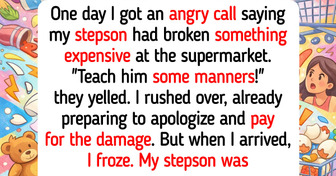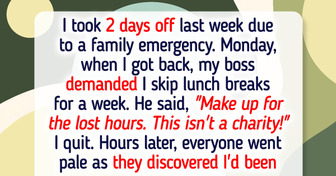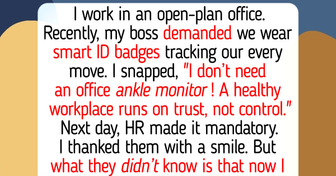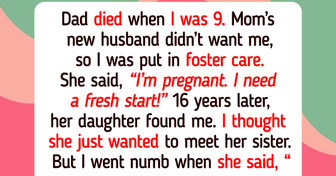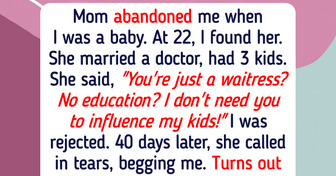18+ Coincidences That Made the World Feel Surreal
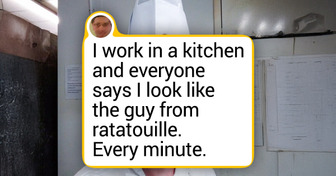

When people think about what ruins marriages, their minds often jump to dramatic betrayals, infidelity, financial secrecy, and heated arguments. But research and clinical experience suggest that what actually causes relationships to break down is often far more subtle. It’s the daily habits, the mental load imbalance, the unspoken expectations, and all falling under the domain of emotional labor.
Emotional labor refers to the invisible work involved in managing feelings, maintaining social harmony, anticipating others’ needs, and smoothing daily life. When this labor becomes lopsided in a relationship, it creates chronic tension, resentment, and disconnection.
Our reader Judy, H. experienced a situation of emotional labor and decided to face it head-on!

I asked my husband to bring home spinach. He bought lettuce. When I asked for tomato paste, he bought ketchup. “Close enough,” he laughed.
I lost it and just tossed the bag of groceries into the trash. Later that night, I found him googling “difference between tomato paste and ketchup.” That broke me a little.
Turns out, he really didn’t know the difference between half the stuff on the list. His mom used to do all the shopping, and I always handled it after we got married. So now, we plan meals together. I send him photos with the grocery list. And he brings home exactly what we need.
Dear Judy, we’re so glad to hear that you and your husband were able to work things out and find a solution together. It’s a reminder that sometimes we can jump to conclusions without fully understanding the situation. In relationships, it’s easy to get frustrated by what might seem like small misunderstandings, but addressing them can lead to deeper connection and growth.
To help others who may have faced similar situations, we’ve gathered 8 common behaviors that may seem harmless at first but can quietly erode the health of a marriage over time.
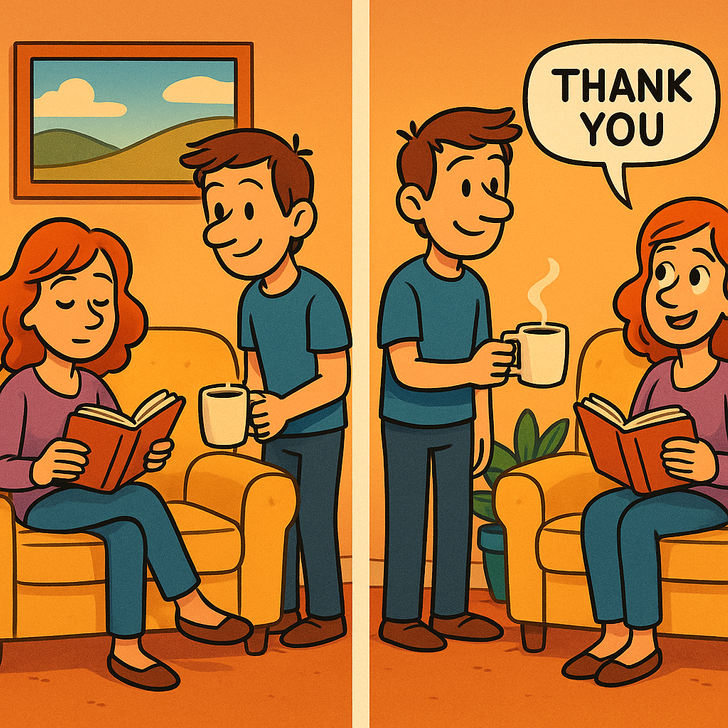
Over time, partners may begin to take each other for granted. Failing to acknowledge and appreciate each other’s efforts can lead to feelings of being undervalued. Regular expressions of gratitude are essential for maintaining emotional connection and mutual respect.

Spending excessive time on phones or other devices can create an invisible wall between partners. When screen time consistently takes precedence over face-to-face interaction, partners may feel emotionally distant and disconnected.

Emotional labor involves managing not only one’s own emotions but also the emotions, reactions, and needs of others. When this responsibility falls disproportionately on one partner, it can lead to burnout and resentment. Recognizing and sharing this load is crucial for a balanced and healthy relationship.

Using the silent treatment as a form of punishment instead of engaging in conversation can build resentment. Healthy conflict resolution involves facing issues directly, rather than withdrawing emotionally, to foster a sense of security and trust.
As individuals grow and change, so do their needs within a relationship. Failing to recognize and adapt to these evolving needs can lead to feelings of disconnection and dissatisfaction. Open communication and flexibility are key to maintaining a strong partnership.

Treating your partner like an opponent in tasks, finances, or parenting can create unnecessary tension. Collaborating, rather than competing, reinforces teamwork and promotes a sense of unity and shared purpose.
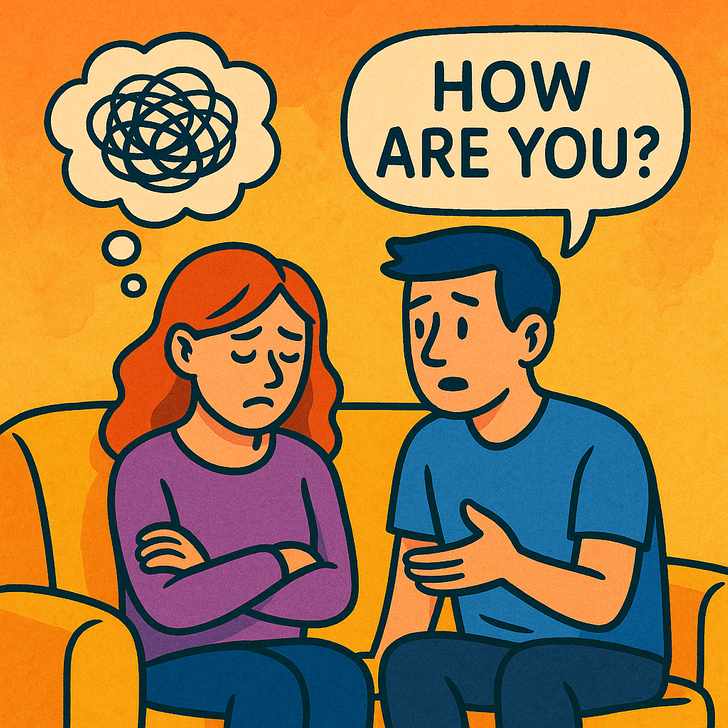
When partners stop asking each other how they’re feeling or fail to check in emotionally, it can lead to feelings of isolation. Regular emotional check-ins help ensure that both partners feel understood and supported in the relationship.
Judy’s story shows that even small changes can lead to growth in a relationship. If you ever wonder if your relationship is as strong as it seems, check out this article. You might be surprised to find that your bond is more solid than you think!


